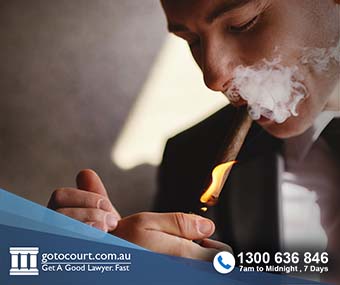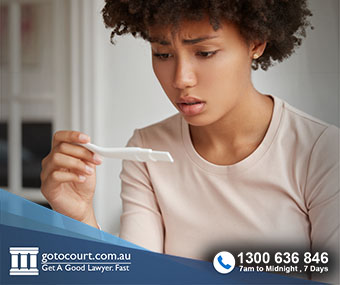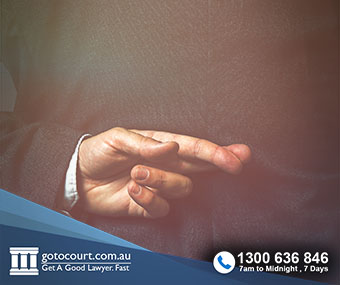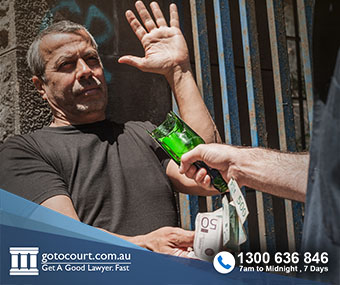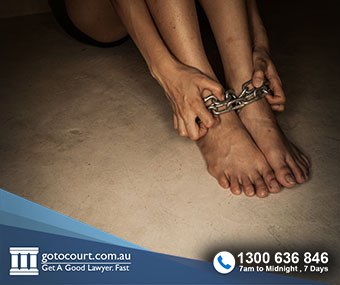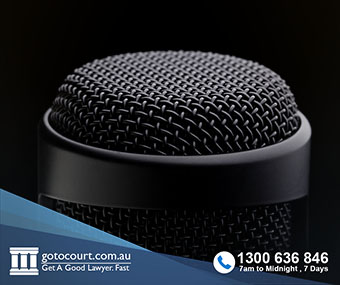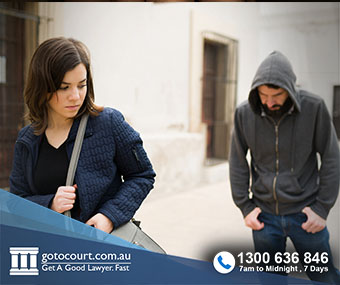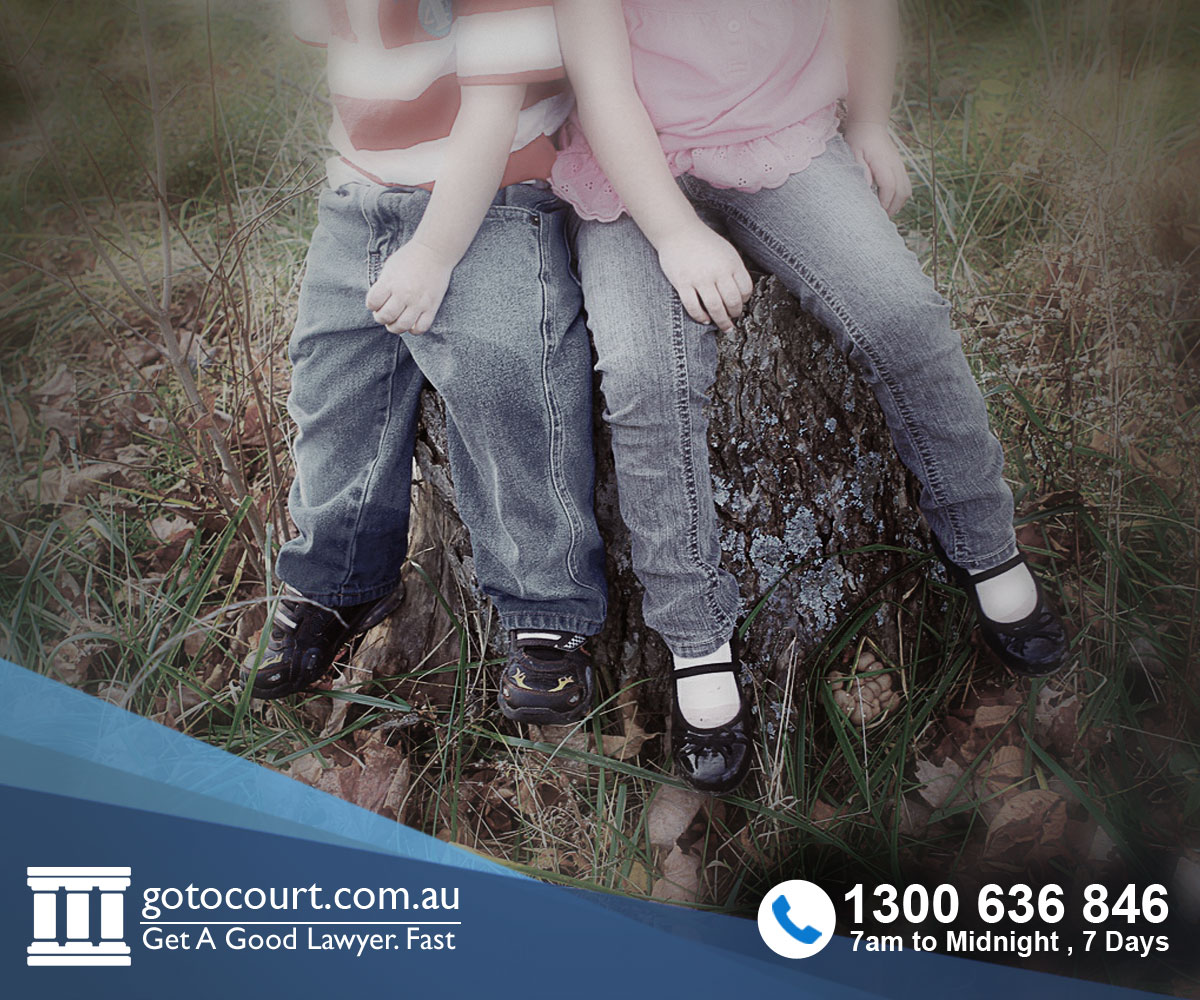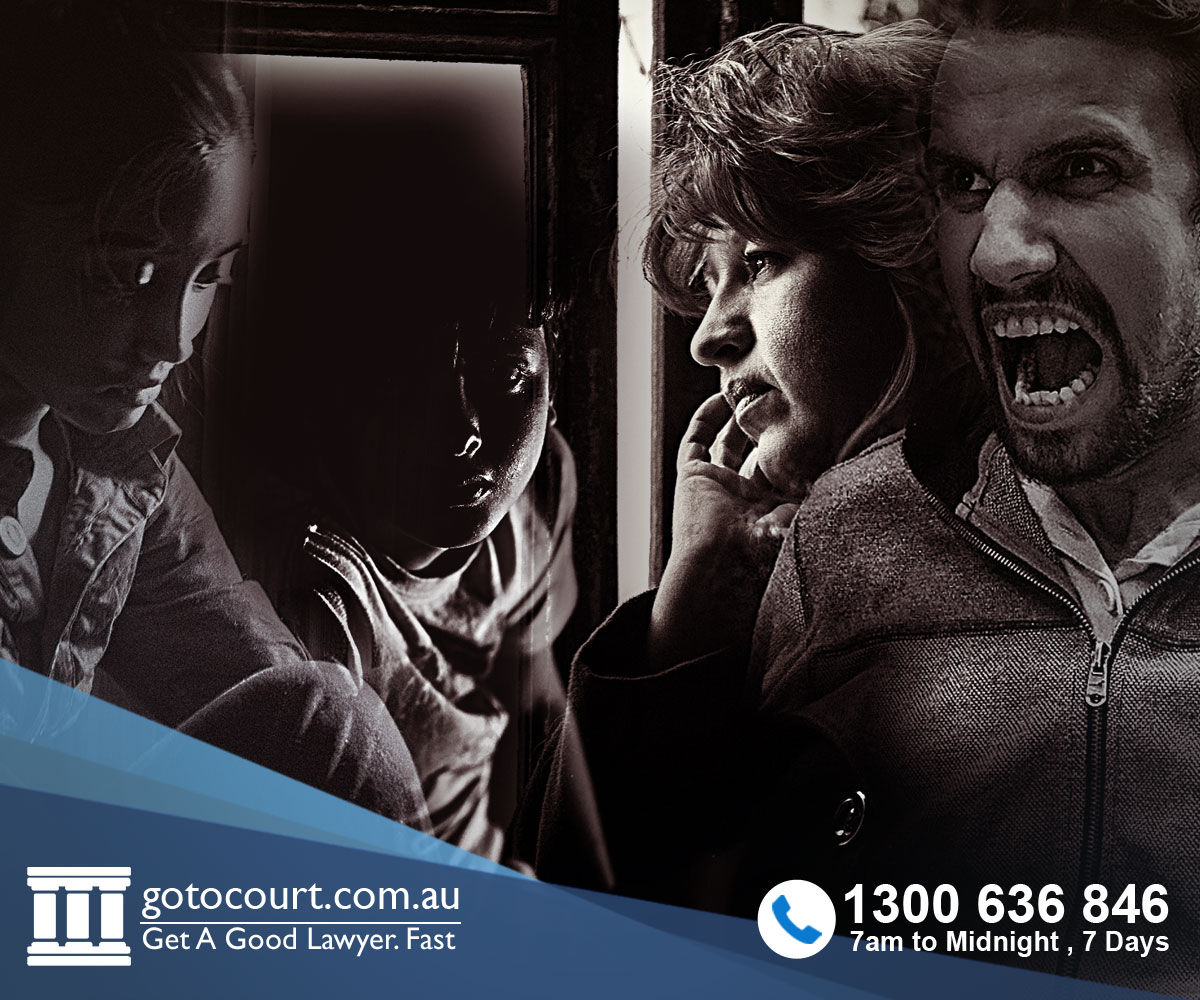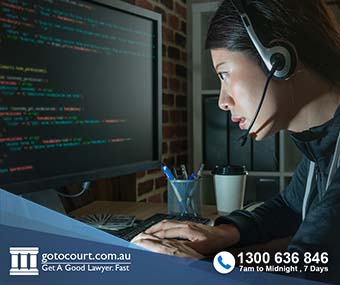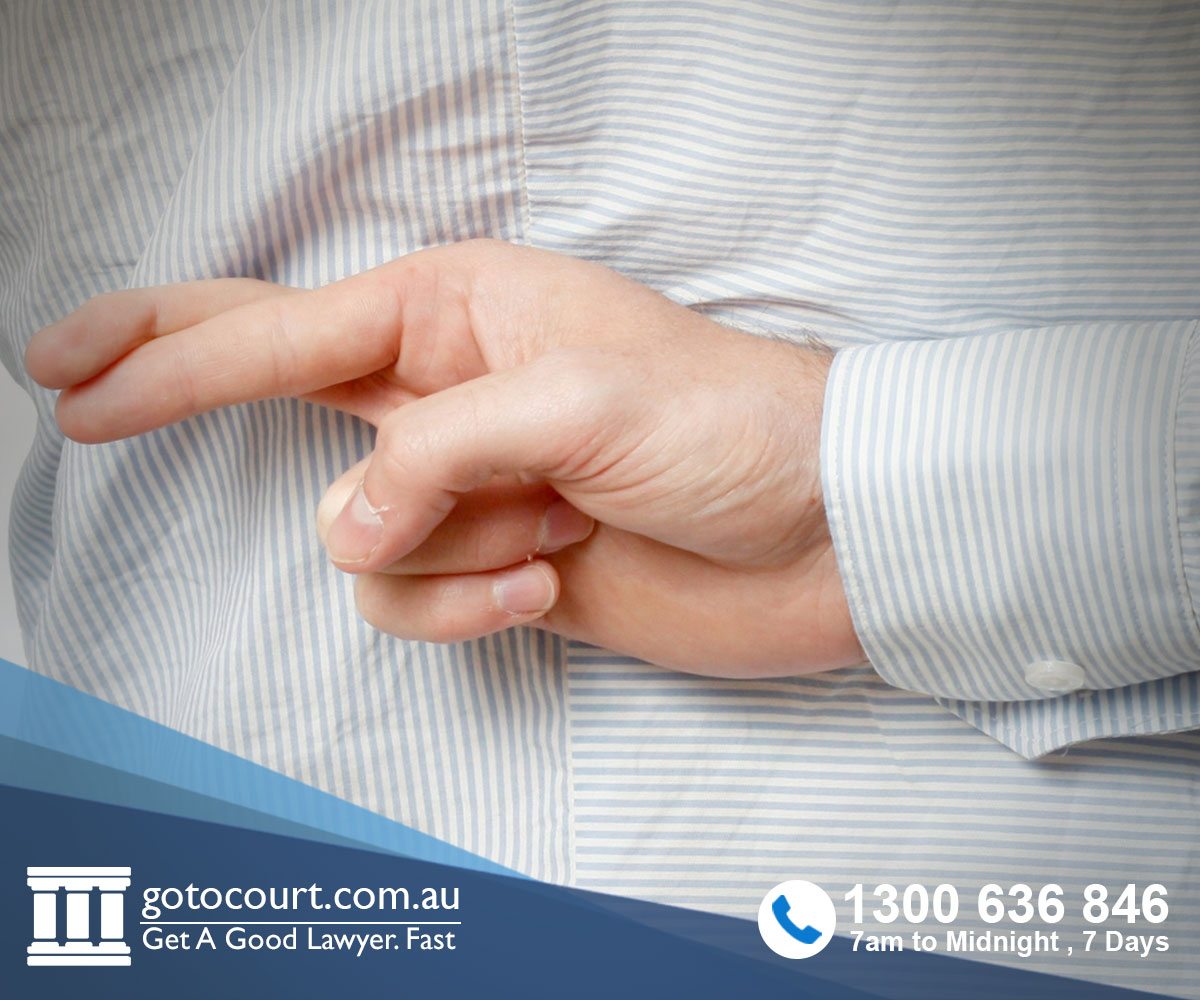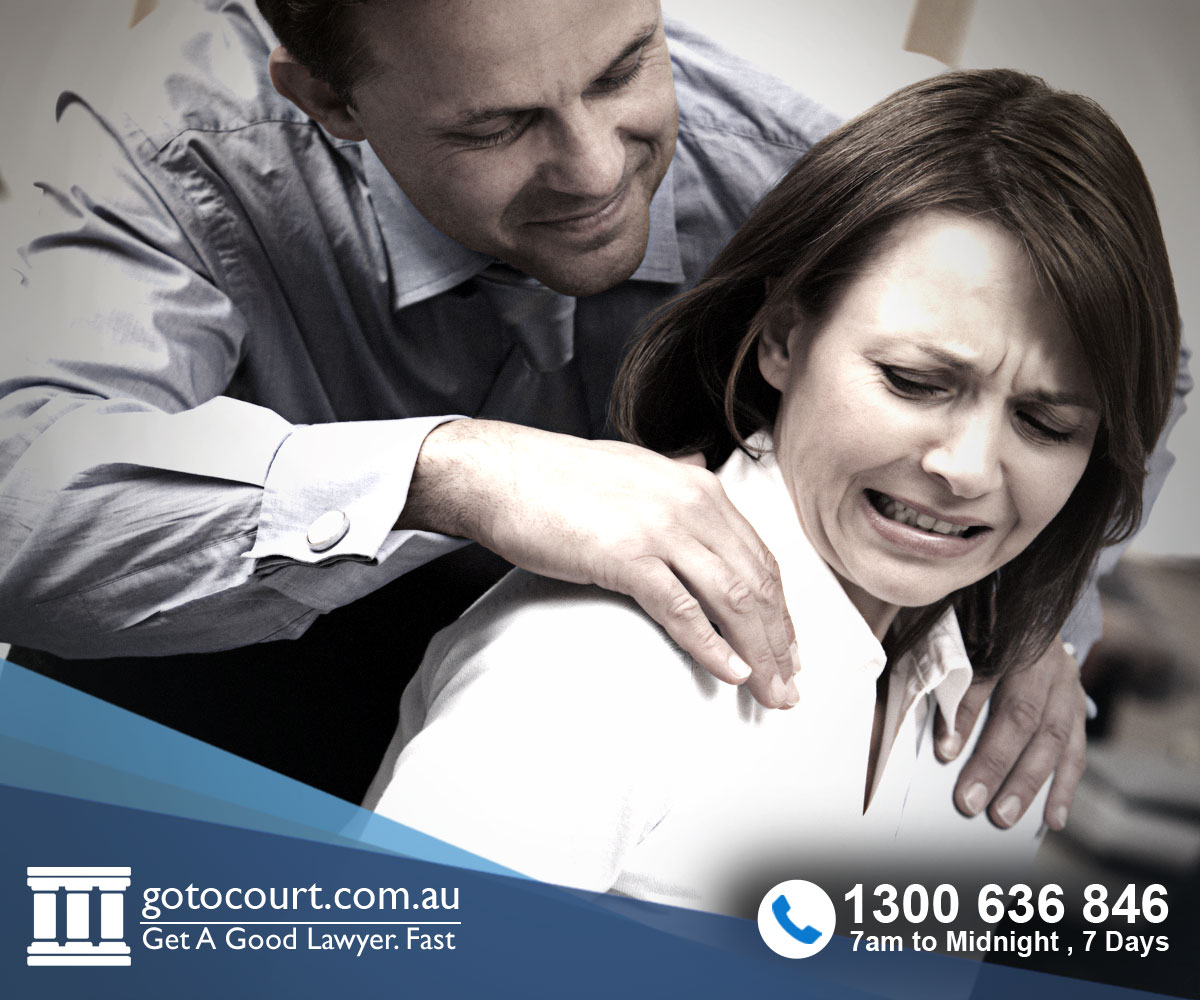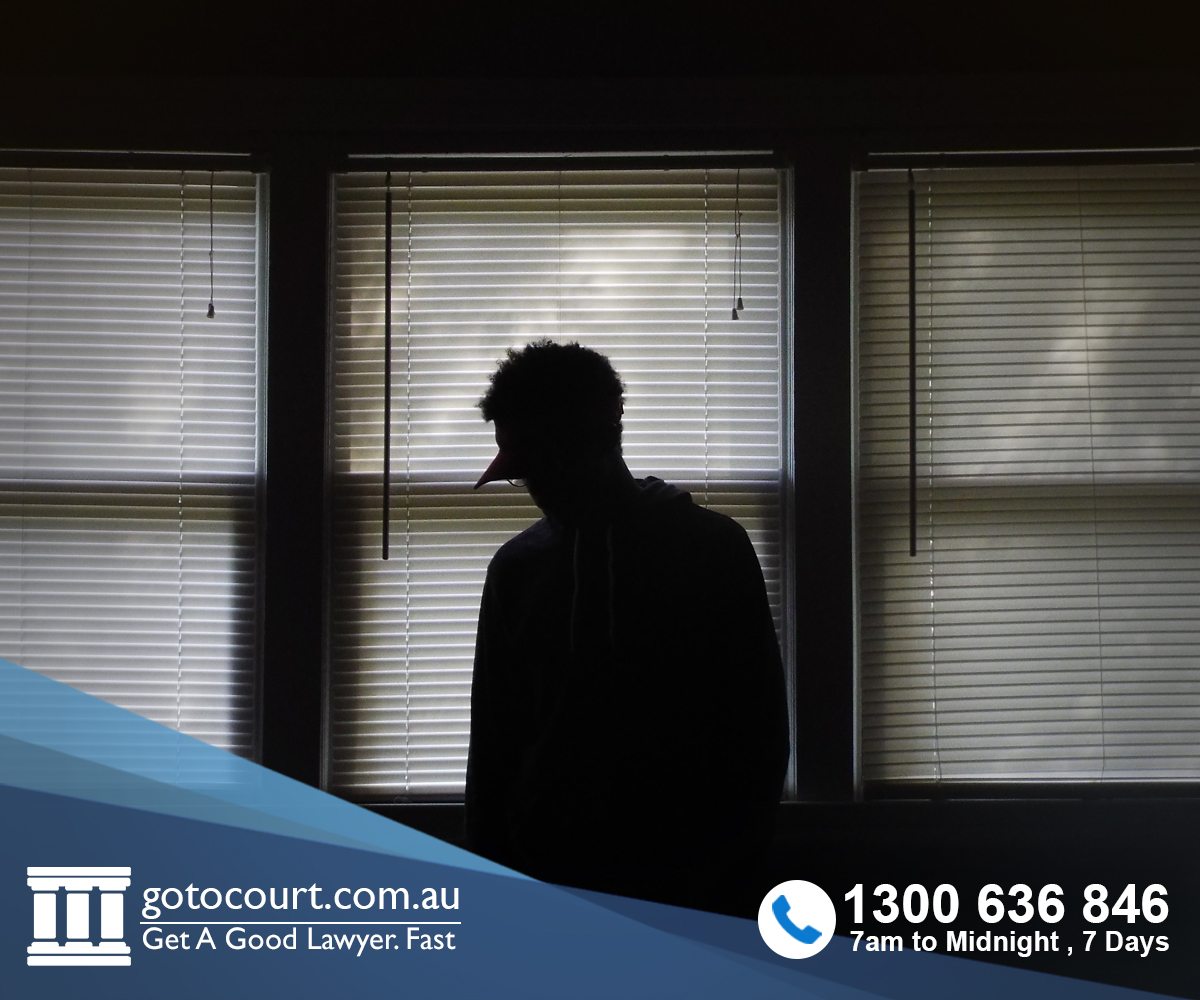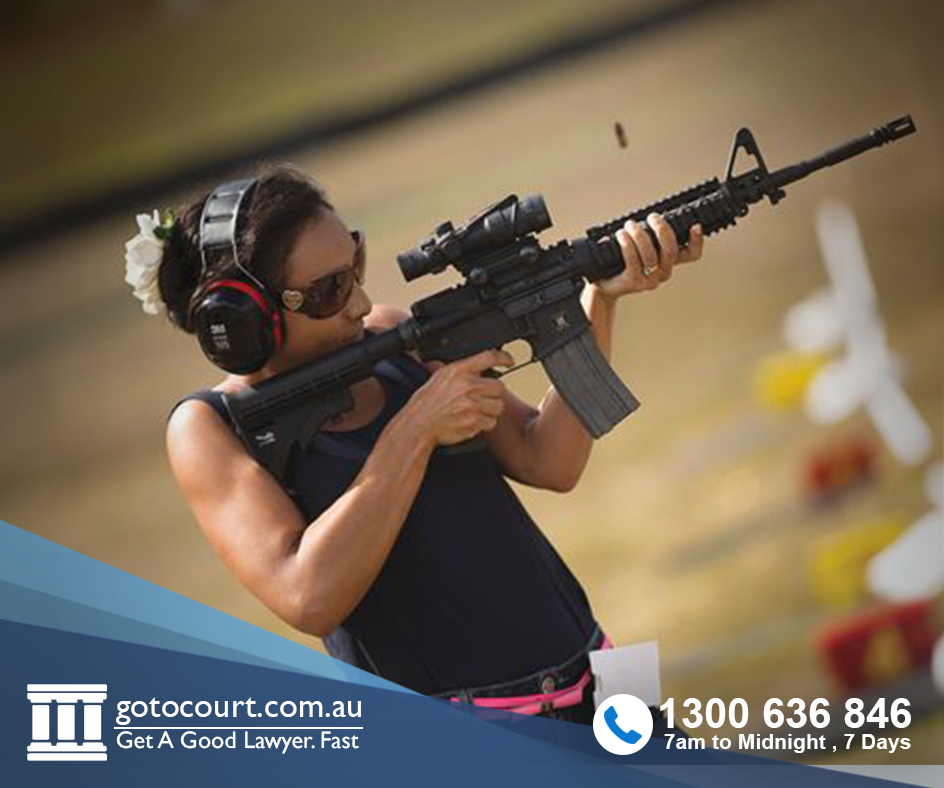Assault on Queensland Police
Assault on Queensland Police
Definition of assault
In Queensland, any person who strikes, touches, moves, or applies force of any kind to another person is said to have committed an assault. In addition, under section 245 of the Queensland Criminal Code 1899 (Qld) [the Code], “any bodily act or gesture [by a person which] attempts or threatens to apply force of any kind to the person of another without the other person’s consent” is also likely to be found as an assault. Where a person commits an assault on police it is considered an ‘aggravated’ offence and is often referred to as a ‘serious’ assault.
Despite there being a specific offence of serious assault under the Code, there is, in fact, two separate offences under two different Acts with which a person can be charged for an alleged assault on police or obstructing a police officer in the course of their duty.
The offences
Serious Assaults – Section 340 of the Criminal Code 1899:
(1) Any person who —
(b) Assaults, resists, or wilfully obstructs, a police officer while acting in the execution of the officer’s duty, or any person acting in aid of a police officer while so acting; …
is guilty of a crime.
If found guilty under this section, the offender can receive a fine and custodial sentence ranging from 7-14 years.
Assault or Obstruct a Police Officer – Section 790 of the Police Powers and Responsibilities Act 2000 (Qld) [PPRA] –
(1) A person must not assault or obstruct a police officer in the performance of the officer’s duties.
If found guilty under this section, the offender can receive a fine and penalty ranging from 6-12 months in prison.
The difference between offences
The discretion as to which offence a person is charged with is held by the prosecution. As seen, there is a significant difference between the maximum penalties available to the Courts for each offence relating to assault on police The charge will also affect the jurisdiction in which the charge will be heard.
The PPRA offence of ‘Assault or Obstruct a Police Officer’ is a ‘simple’ offence and one that is usually dealt with summarily in the Magistrates Court. The Code offence of ‘Serious Assault’ is an ‘indictable’ offence that can be dealt with either summarily in the Magistrates Court or upon indictment in the higher District Court. The determination as to whether a charge proceeds summarily or upon indictment is made by the prosecution who can elect for the matter to proceed either way. This is usually dependent upon the severity of the assault and other factual matters relating to the offence.
Offences dealt with in the higher court usually involve allegations of spitting, biting, or transmitting bodily fluids during, or as part of, the assault on police. Also, those matters that result in a police officer suffering bodily harm, or where the defendant is accused of using weapons will usually result in the more serious charge being laid against them.
Possible defences
A person who commits an assault against a police officer may be able to defend their actions. The defences available to a person charged with assault include: (a) duress; (b) extraordinary emergency; (c) self-defence; (d) insanity or automatism; (e) intoxication; and (f) involuntariness.
It can also be a defence to the charge if the police officer who the person assaulted or obstructed was not acting at the time of the offence pursuant to a lawful duty.
Examples of assault on police
Example 1: ‘Joe’ is charged with serious assault after punching a police officer in the back of the head. He was intoxicated at the time of the assault. Joe might successfully use the defence of intoxication where he can prove that, on the balance of probabilities, he was intoxicated through no intention of his own. Where the prosecution can prove beyond a reasonable doubt that he was intoxicated as a result of his own doing, his defence will fail and he is likely to be punished for the offence.
Example 2: Two School Leavers are attending a ‘Schoolies’ celebration in the Surfers Paradise precinct. Police attempt to place School Leaver #1 under arrest for being intoxicated in a public place. School Leaver #2 attempts to intervene physically and begins to argue with police saying that School Leaver #1 is not intoxicated.
The actions of School Leaver #2 may be considered an obstruction of the lawful execution of the police officers’ duties. If charged with an offence, it would be more likely to be the PPRA charge of obstruction, and not the Code violation of Serious Assault. School Leaver #2 would also be liable to an increased penalty as a result of the offence being committed in the vicinity of licenced premises.
Get legal advice
The Go To Court team of criminal lawyers assists their clients by assessing any possible defences available on the facts of the matter. This is done in part by determining whether the police were acting in the execution of a lawful duty, or if there were other factors that might mitigate the offence or otherwise act to lessen the penalty imposed. Often matters can be resolved early in proceedings with written submissions resulting in better outcomes for clients without incurring the costs associated with drawn-out legal proceedings.
Our solicitors can also assist by negotiating with the Prosecution on the accused person’s behalf. They will usually seek to have the charge downgraded from a Serious Assault to an Assault or Obstruction charge if the facts warrant the attempt. This is often the case when the offence involves a minor assault or obstruction, such as described in Example #2 above.
In the event that no defence is available to the Defendant, and the matter proceeds to sentence, our dedicated criminal lawyers have the knowledge and experience to identify any mitigating factors that will assist the Court to understand the events which led to the offence being committed and argue for a lesser penalty.
Point of interest
There is an increasing trend of serious assaults on police officers both at police stations and in the homes of defendants where the police have been called to deal with disputes. This was the topic of an article published in the Brisbane Courier-Mail on 7 November 2017. It states that “a series of police reports, released by the service, show offenders, including children, are breaking into police stations and threatening and attacking officers up to five times a month”.

Affordable Lawyers
Our Go To Court Lawyers will assist you in all areas of law. We specialise in providing legal advice urgently – at the time when you need it most. If you need a lawyer right now, today, we can help you – no matter where you are in Australia.How It Works




1. You speak directly to a lawyer
When you call the Go To Court Legal Hotline, you will be connected directly to a lawyer, every time.

2. Get your legal situation assessed
We determine the best way forward in your legal matter, free of charge. If you want to go ahead and book a face-to-face appointment, we will connect you with a specialist in your local area.

3. We arrange everything as needed
If you want to go ahead and book a fact-to-face appointment, we will connect you with a specialist in your local area no matter where you are and even at very short notice.

